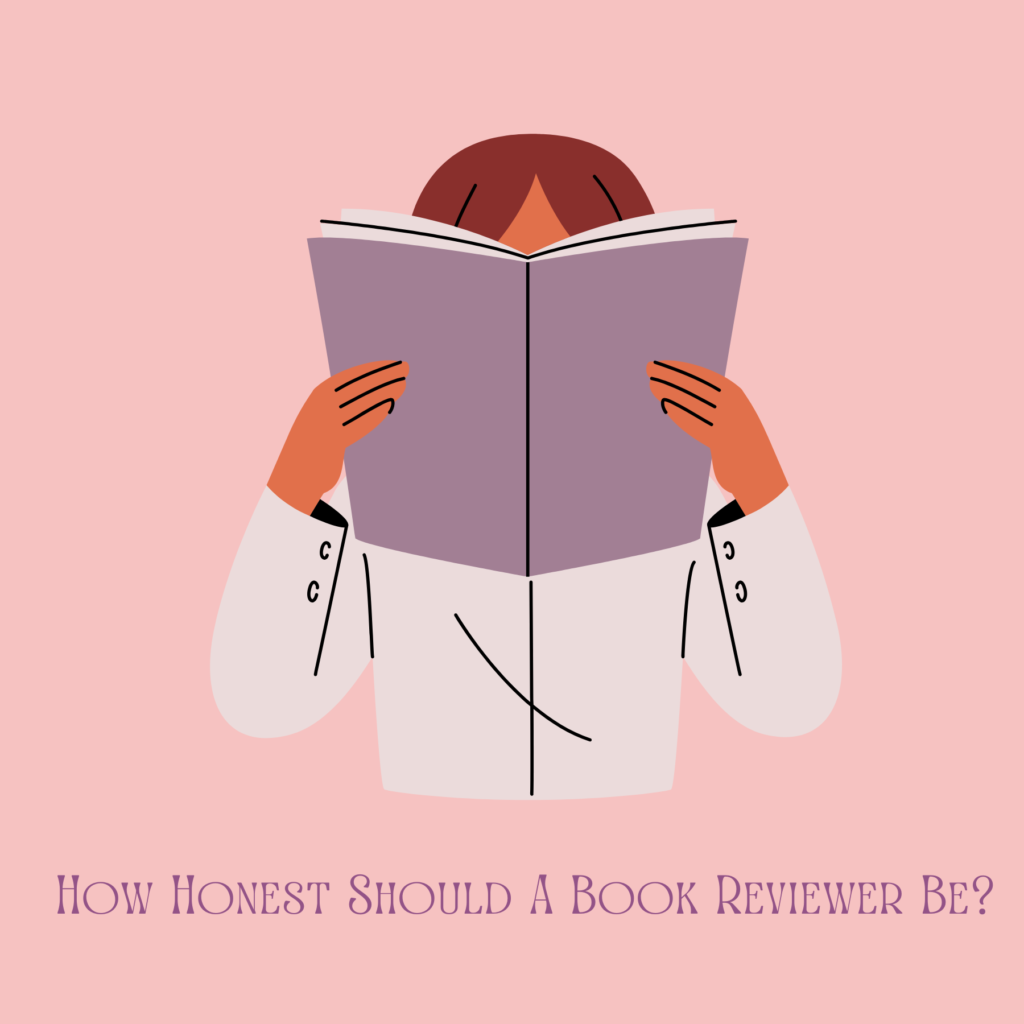
There have been some debates lately about book reviews and honesty. Should people be allowed to leave reviews for books that aren’t out yet? Is it acceptable for someone to leave a negative review of a book?
Goodreads: The Star Maker and Breaker
To date, Goodreads is one of the top platforms for both authors and readers, allowing users to track their reading, review books, and hang out with a bookish community.
It gives authors the ability to have a more personal connection with their readers. If they get nominated or win a Goodreads Choice Award, it means more sales, more readers, and more publicity.
But, while Goodreads is fantastic in a lot of ways, it can be a two-edged sword for some authors. If an author gets too many negative reviews on Goodreads, it can tank their sales and their reputation.
One issue that Goodreads has, is people who haven’t read the book flooding the book’s web page with bad ratings and reviews. This article from The New York Times highlights this issue.
Most of the time this is due to the fact that people don’t like the author for something he or she did or said.
This has prompted some to call for Goodreads to limit when or who gets to post reviews. But that shouldn’t have to happen.
The Anatomy Of A Book Review
When you write an in-depth book review there’s usually a formula that most reviewers generally follow that goes something like this:
- Summary or General Overview
- Thoughts on The Plot, Characters, etc.
- Positive and Negative Points
- Rating and Final Thoughts
While this is fairly simplistic, these details help readers decide whether or not a to read a specific book. These reviews should only be released after someone has read the book.
Posting a review of a book you’ve never read, especially a negative one, is bad form.
Critical V.S. Nasty
When it comes to writing a book review it’s okay to not like aspects of a book or even the whole book in general. However, it’s not okay to attack the author, name-call, be unkind, threaten them, or make derogatory remarks about their beliefs.
Here’s an example:
I couldn’t really connect with Suzy’s character. Her motives seemed to change with each chapter which made me feel a little lost. That is criticism.
Jane Smith is the worst author ever! I can’t believe someone published this garbage! She is such an idiot. Plus I heard she’s an antivaxxer! Don’t read this bull that she writes! That is being nasty.
If it’s an author that starts being nasty first, you have the choice to leave it alone and let them stew all by their lonesome, or add gasoline to the fire.
Criticism, if given correctly, can actually help an author grow. Nastiness, does not.
Keeping Our Decorum
This problem has extended beyond Goodreads as people on other platforms have started doing the same thing.
The internet and social media have emboldened the general population so that every Sam, Sally, and Steve think that they should share their opinion, consequences and others feelings be darned.
Before we say something, we should think about it sounds. If someone said this to you, would you be hurt by it?
Final Thoughts
We can make the bookish community a fun, safe place for readers to discuss books, or we can make it a place that no one want to be apart of.
Personally, I prefer the former, and I think a lot of other readers do too.

Interesting topic! Nobody should be nasty when making a book review or any comment for that matter. Thanks for sharing this post! I enjoyed reading it.
I think there’s a time and a place to be brutally honest, but generally critiquing someone is just enough. The brutality of some people’s honesty is to the point where it can be harmful, disrespectful, and quite frankly ruin somebody’s income. That’s where it becomes not okay.